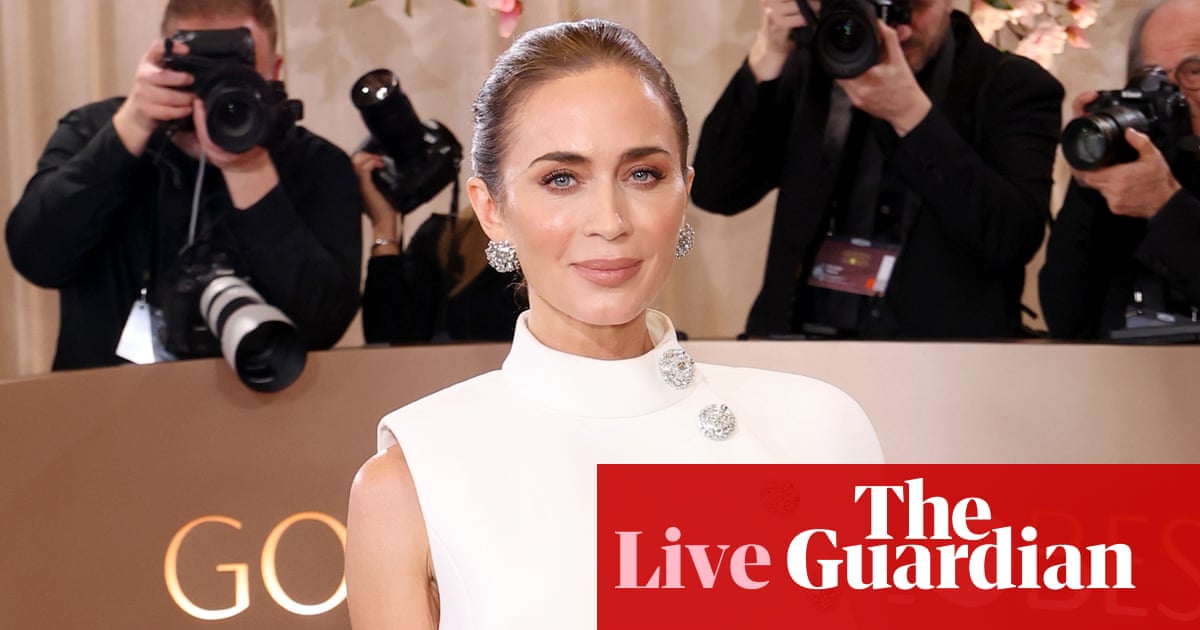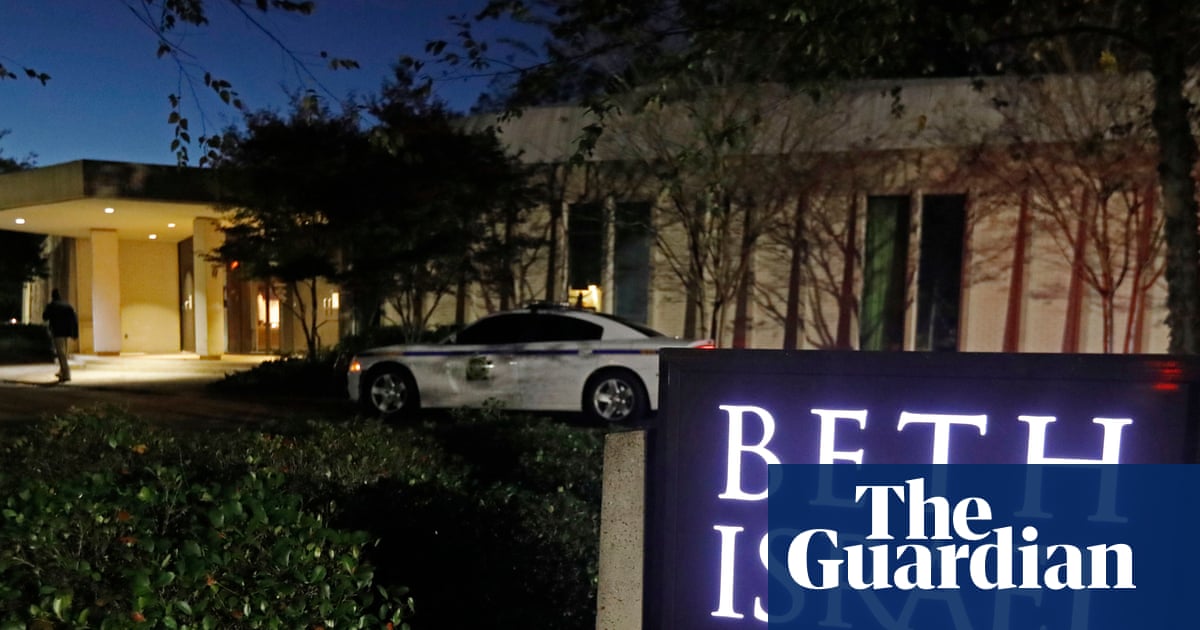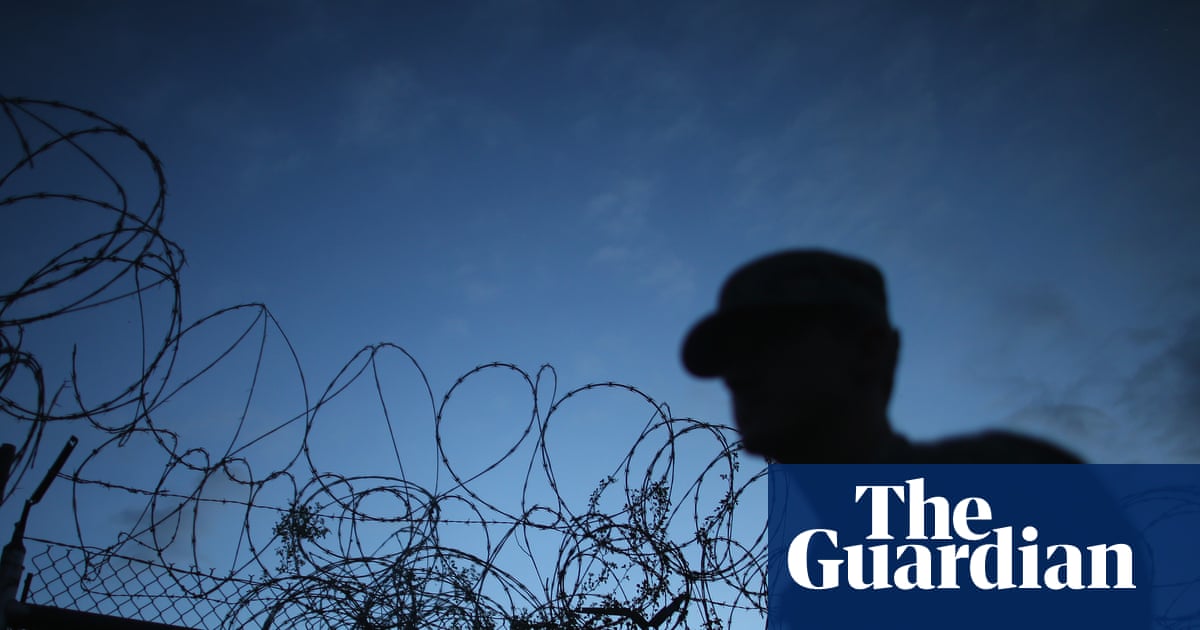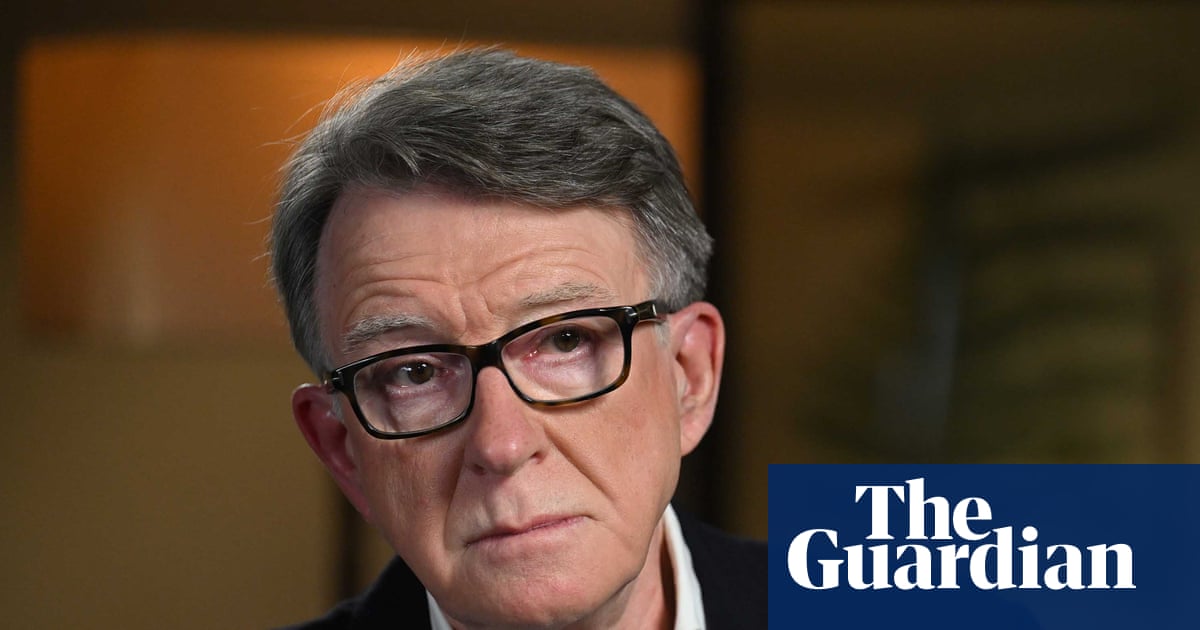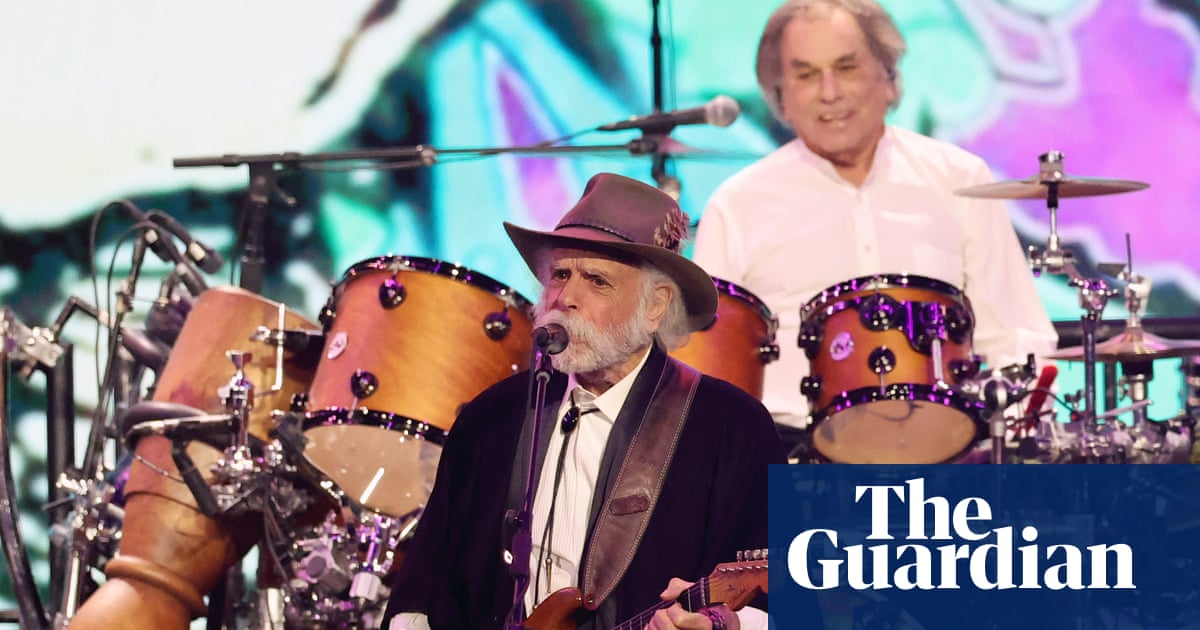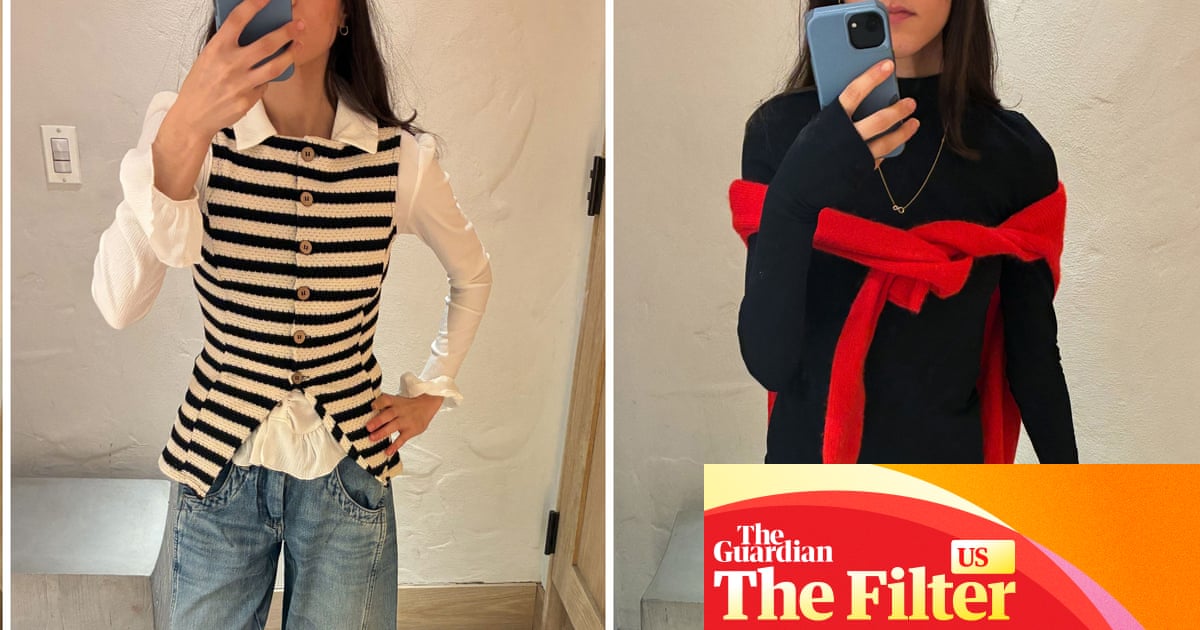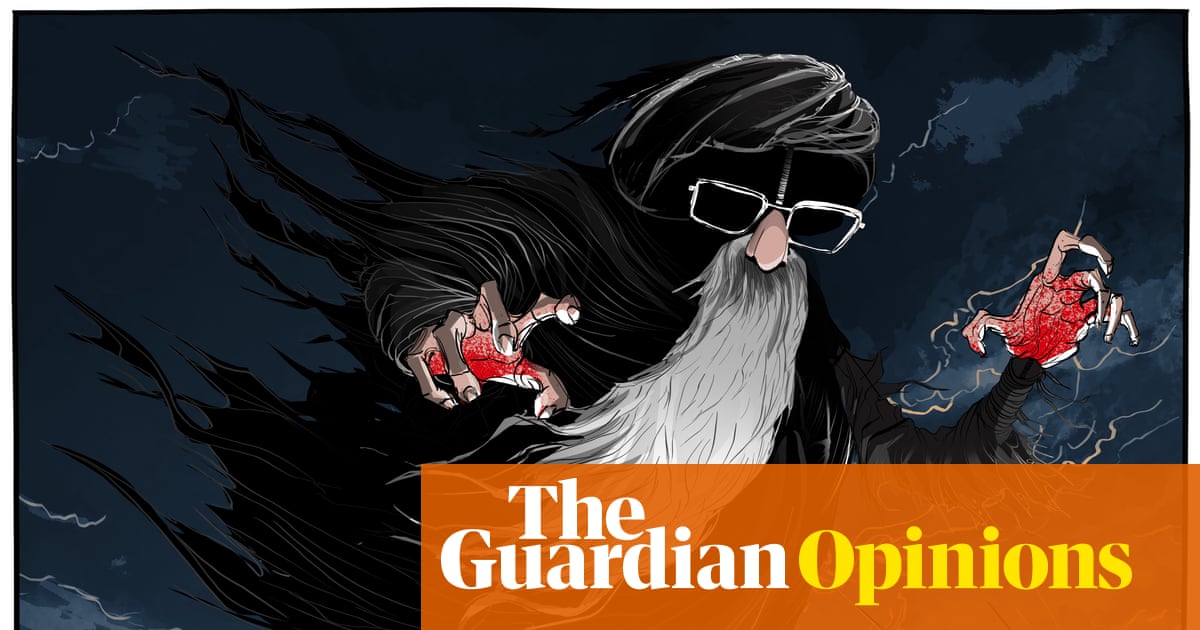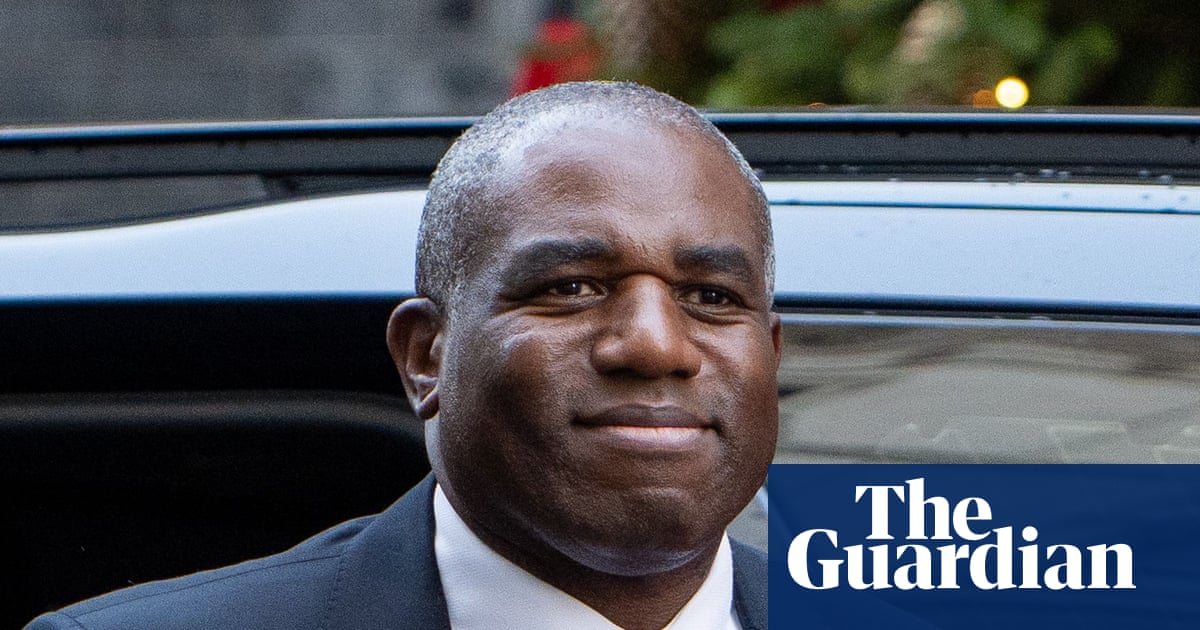Jimmy Kimmel, the late-night host, had his show suspended “indefinitely” from ABC on Wednesday after the Federal Communications Commission, the US’s broadcast media regulator, threatened the television network.
The FCC threats came in retaliation for comments Kimmel made on his show regarding Charlie Kirk’s death and the Trump administration’s response to it. “We hit some new lows over the weekend with the Maga gang desperately trying to characterize this kid who murdered Charlie Kirk as anything other than one of them and doing everything they can to score political points from it,” Kimmel began.
Kimmel then played a clip of Donald Trump’s comments following Kirk’s death. When one journalist asked Trump how he was holding up after the death of his friend, the president responded: “I think very good. And by the way, right there, you see all the trucks? They just started construction for the new ballroom of the White House, which is something that they’ve been trying to get, as you know, for about 150 years. And it’s gonna be a beauty.”
“This is not how an adult grieves the murder of someone he called a friend,” Kimmel said. “This is how a four-year-old mourns a goldfish.”
On a rightwing podcast on Wednesday, the FCC commissioner, Brendan Carr, an avowed Trump ally who wrote the FCC chapter of Project 2025, said that Kimmel’s monologue – delivered before much about Kirk’s alleged attacker’s motivations was known – was “sick” for suggesting that the shooter may have been affiliated with the Maga movement. He said: “In what appears to be an action by Jimmy Kimmel to play into that narrative that this was somehow a Maga or Republican-motivated person. If that’s what happened here with his conduct, that is really really sick.” Carr went on to effusively praise Kirk. “He was an amazing man.”
Turning to Kimmel and his broadcaster, Carr said: “We’re going to have remedies that we can look at.” “Frankly,” he said later, “when you see stuff like this – I mean, we can do this the easy way or the hard way.”
Apparently, ABC, and its parent company, Disney, decided to do it the easy way: the suspension of Kimmel’s show was announced just hours after Carr’s comments. Reporting from trade publications has suggested that Nexstar, a broadcasting company that owns many of the ABC-affiliated stations that air Kimmel’s show, may have prompted the move from ABC after they pre-emptively said that they would not air Kimmel’s show in response to the comments. Nexstar is in the midst of a $6.2bn merger with the media company Tegna, a deal which Carr, in his capacity as FCC commissioner, would have the power to block.
After ABC’s announcement, when Carr was asked by the CNN media analyst Brian Stelter if he had any new comment on Kimmel’s suspension, Carr replied with a gif from the television series The Office, in which the show’s two exasperating idiot foils, Michael and Dwight, dance triumphantly.
What appears to have happened is this: an executive agency with the power to regulate private actors threatened to take action to punish speech and to prevent more such speech from being made public in the future. And a corporation jumped to carry out this censorship in response to those threats. There is a word for this: jawboning. It is when the government pressures a third party to silence speech it does not like, and the US supreme court has ruled unanimously that it is an illegal first amendment violation – that is, state censorship.
The Trump administration has advanced a sporadic crackdown on anti-regime speech since the president’s return to power in January. Kimmel is not even the first late-night host to be dismissed under agency pressure: Stephen Colbert, the host of The Late Show, had his program cancelled by CBS just two weeks after the network paid Trump a large settlement to end a frivolous defamation lawsuit against him. But the crackdown on anti-Trump speech has accelerated in the days since Kirk’s murder. On Monday, JD Vance hosted an episode of Kirk’s podcast, The Charlie Kirk Show, and told listeners that if they see someone criticizing Kirk, they should “call their employer”.
Media has long been a precarious industry, one where employers and workers alike face slim margins and maximum scrutiny. And Trump has long used the media’s combination of public visibility and business vulnerability to his own advantage, casting coverage of his own misdeeds, malfeasance and malice as lies and encouraging his followers in their reflexive anti-elite sentiment about the generally well-educated cadre of New York and DC-based writers and editors, whom he has long referred to as “the enemy of the people”.
More and more of the largest media companies in the American market are now controlled by billionaires who are Trump’s ideological allies: Elon Musk owns X; the rightwing Ellison family is set to acquire Paramount/Skydance; just this week, Trump announced a deal to sell TikTok to his rightwing billionaire supporters Marc Andreessen and Larry Ellison.
With some noble exceptions, those large media companies that are still independent have generally responded to Trump’s pressure poorly, making what seem like ad-hoc and arbitrary choices to either resist or capitulate depending on the whims of management. One thinks of the Los Angeles Times, which pulled its endorsement of Kamala Harris from in the 2024 presidential election at the direction of Patrick Soon-Shiong, the paper’s billionaire owner. One thinks, too, of the Washington Post, where purges of newsroom and opinion desk writers and an editorial pivot towards the promotion of “free markets and individual liberties” have now replaced the slogan that the paper adopted during the first Trump administration: “Democracy Dies in Darkness.” It is getting very dark indeed.
When a regime can use the power of the law to punish speech because it does not like that speech’s content, then speech is not free.
When media companies change their editorial strategies not in service to their readers, but out of fear of the repercussions from the government and its allies, then the press is not free. When an honest accounting of Kirk’s life leads to comedians, journalists, opinion columnists, political commentators and sports writers losing their jobs at the behest of state actors and in the service of regime interests, then the truth is not free.
It is becoming dangerous – life-alteringly so – to tell the truth about the Trump regime, or even just to tell truths that the regime finds unflattering. Theirs is the dream of an insecure child: one of absolute power. They want to rule over us with malignant pettiness, to dispense favors and mercy to their allies and sycophants, and to dispense and encourage punishments to those who displease them. They want to control what we’re allowed to say, what we’re allowed to know. And they want to control what we are allowed to laugh at – certainly, never them.
In the era of absolute monarchy, European countries often had laws on the books banning the mockery of the king. So-called lèse-majesté laws made it treason to insult the “dignity” of the sovereign. The Trump administration seems to have taken this principle – that to mock is serious and punishable – and expanded it, extending the protective circle of the king’s authority outward until it encompasses all of his allies, too.
Under Trump, it is not just Trump himself who must not be mocked, but also anyone Trump approves of, or finds useful, or needs to pretend to love. It is a sign of the regime’s profound insecurity and sense of their own weakness that they think they require this power, that they think they cannot withstand the laughter of their people. But even if Trump succeeds in his crackdown on speech, he seems unlikely to effectively silence the public’s mockery of himself and his allies. It would be impossible to ban jokes about these people; they are simply too ridiculous.
-
Moira Donegan is a Guardian US columnist

 3 months ago
109
3 months ago
109
